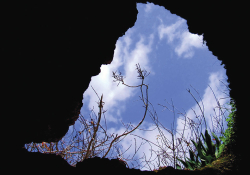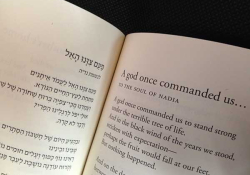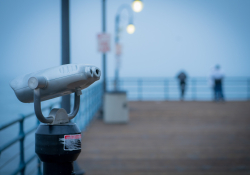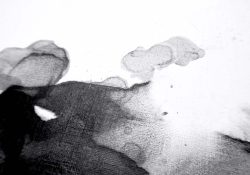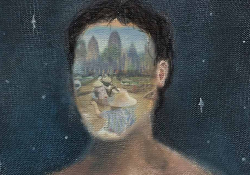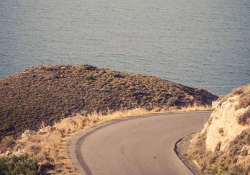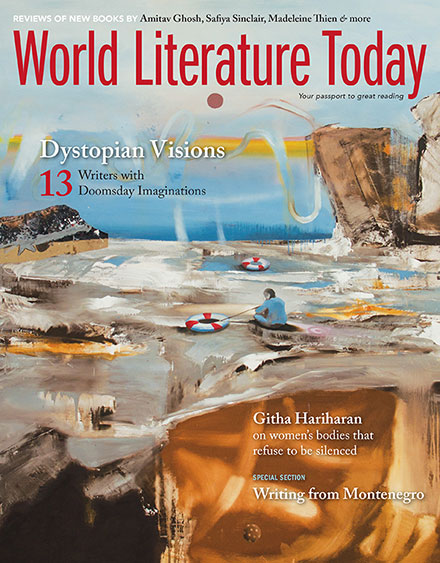After the War
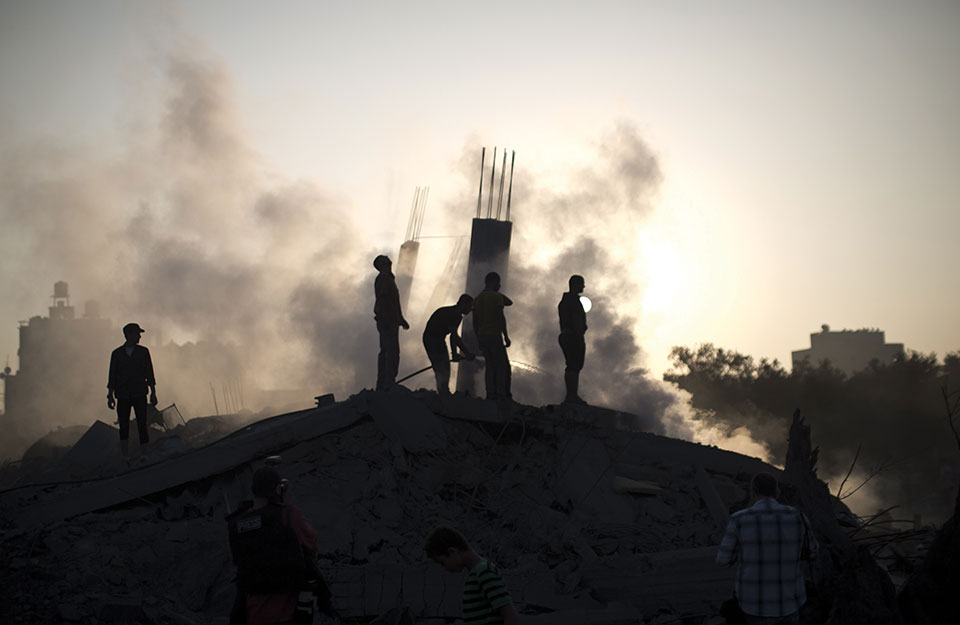
History moves darkly and we are small, soft things.
– Kazim Ali
Across the Aegean to Ionian sea, would be
sparse journeying, even with winds slack or
rebelling. And the one-eyed monsters, lovely
nymphs, temptresses, we always knew their
story: Tales made-up long after, to explain
his extended, sorrow-drenched absence,
and the map’s mystery – how directionless
were all his wanderings. So why
ten years to cross such slender waters,
his heart and helm carrying him only
from, never toward hearth or harbor his own,
always further from known hills and air and
eyes that want at dusk, like dusk, to settle
on him softly – why each day his traveling farther
away, even as he kept telling every stranger,
any listening ear, that he wants only
to go home?
*
What was never told: how after the war,
he was heartsick. As a hollow holds
its emptiness.
Seeking for before or, perhaps, forgetfulness.
And grieving for what was now his
forever unblessed –
this fragile frame he’d seen broken and
spoken into utter
meaninglessness.
*
Shell-shocked, he wanders across the seas –
then descends
to where his dead reside, together with himself
unforgiven.
At every dark crossing, unfathomed silence his
only dissent.
*
He had never wanted to go to war. When they
came for him, he feigned
madness.
Later, he hid in the belly of the wooden horse
he alone had dreamed of, thinking
it alone might
end the rage, exploding skies raining down
on the small soft bodies
of night.
*
All the while, in the narrow alleyways splintered and
slivered in the dark
I could hear shreds of shredded boy and breath
whose back is bent
under weighty pack single purposed with all pale
means to staunch
blood, stifle pain, till hastily stretchered out – but
he is left
behind amid the debris, shocked and shelled in the
shrapnelled
world, every jagged and broken piece viciously
singing –
*
Not the dead, but the ones who survived –
the sons
whose wounds do not bleed or speak,
and whose weary
feet, at yet another village edge, have
a hard time
walking –
*
So sing to me, O Muse,
of he
who in twists and turns is
driven off course
in dark
combat fatigue endlessly
wandering –
Start where you will
in songs for our time
and my
lost son –
Raise
terrible grief to music –
and then
bring him home.
NOTES
The idea of Odysseus as shell-shocked was given to me by the storyteller, scholar, and activist Hamutal Guri. In an email she wrote: “This last year I find myself thinking a great deal about Odysseus as suffering from shell-shock, and of his wanderings, The Odyssey, as his ongoing therapeutic process moving him toward the ability to remember what needs to be remembered, and to leave behind what needs to be left behind” (August 2016).
Epigraph: Kazim Ali, “Disappearance: An Interview with Britney Gulbrandsen,” in Resident Alien: On Border-crossing and the Undocumented Divine (University of Michigan Press, 2015), 42.
Sixth section: This section is informed by Wallace Stevens’s poem “A Woman Sings a Song for a Soldier Come Home” (1946) in The Palm at the End of the Mind (Vintage Books, 1972), 282–283.
Seventh section: Passages lifted from The Odyssey are from Robert Fagles’s 1996 translation. The phrase “raise grief to music” is Louis Zukofsky’s, from “A-11” in A.
